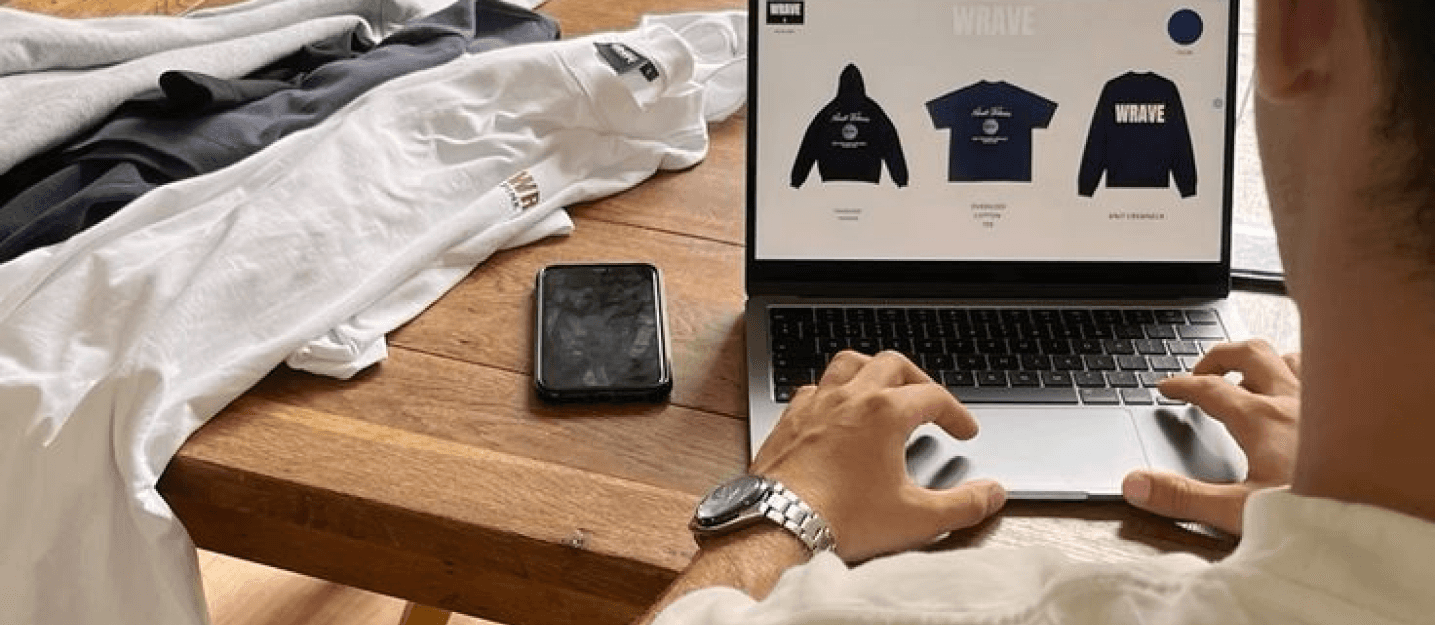Oct 10, 2024
In today's competitive landscape, retailers and dining establishments must stand out by offering more than just products or meals—they need to deliver tailored experiences that speak directly to the customer. One of the most effective ways to achieve this is by leveraging data to personalize these interactions, creating connections that drive loyalty and repeat business.
In Canada, where a diverse and tech-savvy population demands personalized engagement, retail and dining businesses are increasingly using data to meet consumer needs. Let’s explore how businesses can use data to craft personalized experiences and why it matters for the Canadian market.

Why Personalization Matters
Consumers are more empowered than ever, with choices at their fingertips and rising expectations for service quality. According to research, 80% of shoppers are more likely to purchase from a company that offers personalized experiences. In the Canadian retail and dining industries, this is especially critical, where customer loyalty can be harder to maintain due to the competitive nature of the market.
Personalization not only boosts customer satisfaction but also enhances business performance. Personalized promotions, product recommendations, and dining experiences can significantly improve conversion rates and customer retention, leading to stronger brand loyalty.

How Data is Transforming the Retail and Dining Landscape
Data is the key driver behind this personalization. By capturing and analyzing customer behavior, preferences, and transaction histories, businesses can make informed decisions about their strategies.
1. Personalized Promotions and Deals
In retail and dining, data analytics allow businesses to understand individual customer preferences and shopping habits. For instance, a retail store might track which products a customer browses most often or purchases repeatedly. Similarly, a restaurant could monitor what types of cuisine or menu items are most popular with specific customer segments.
By integrating this data, businesses can create personalized offers tailored to individual customers. For example, a customer might receive exclusive discounts on their favorite products or personalized dining recommendations based on their past orders. For Canadian businesses, offering promotions based on region or seasonality (such as winter apparel in colder provinces) adds an additional layer of relevance.
2. Enhancing Loyalty Programs
Loyalty programs are another area where data can shine. Retailers and dining establishments can use customer data to offer rewards that truly matter to their customers, rather than generic points or discounts. For example, by tracking spending patterns, businesses can offer targeted rewards—such as free products or meals based on a customer’s preferences—that make customers feel valued.
Canadian consumers, especially those in urban centers like Toronto and Vancouver, are highly responsive to personalized loyalty programs. These tailored approaches can help drive foot traffic to brick-and-mortar stores or encourage repeat online purchases, both essential for business growth.

3. Location-Based Personalization
Location data is increasingly being used to offer hyper-localized experiences. Retailers and restaurants in Canada can use geolocation data to send push notifications or offers to customers when they are near a store or dining establishment. This is particularly effective for urban centers where proximity can influence spontaneous decisions.
In cities like Toronto, Montreal, and Vancouver, where dining and retail options are abundant, real-time, location-based promotions can nudge customers to visit a store or restaurant they otherwise may not have considered.
4. Improving In-Store and Online Experiences
For retailers with both online and physical presences, creating a seamless customer experience is essential. Data can help achieve this by allowing businesses to personalize experiences across platforms. For instance, a customer browsing items online might later receive in-store suggestions based on their online activity.
Restaurants can similarly leverage online reservations and customer history to offer personalized service. If a guest frequently orders a particular dish, staff can anticipate their preferences and recommend items accordingly. In an increasingly digital world, Canadians appreciate this seamless blending of online and offline touch-points.

Host's Role in Personalizing Retail and Dining Deals
At Host, we understand the importance of personalization in creating memorable customer experiences. That’s why we leverage data to bring tailored deals to our users, whether they’re dining out or shopping at local retailers. We’re focused on ensuring that every user can discover the best deals tailored to their preferences and location.
Our platform utilizes user behavior to offer personalized savings, from exclusive restaurant deals to retail discounts that match individual shopping habits. With features like the savings tracker and a map view for deals, we provide a user-friendly experience that makes finding relevant offers easier than ever. We leverage AI to enhance personalization through tailored recommendations and notifications, using algorithms to understand and categorize consumer preferences, enabling more accurate recommendations and personalized experiences.
In a diverse market like Canada, where customers expect both variety and personalization, Host is leading the way by connecting users with local businesses in meaningful ways. Whether you’re a frequent diner or a savvy shopper, Host’s data-driven platform ensures you find the best deals personalized just for you.
The Future of Personalization in Canada
As Canadian consumers continue to demand more from their retail and dining experiences, businesses that invest in data-driven personalization will be best positioned for success. By leveraging data to offer tailored promotions, loyalty rewards, and location-based experiences, businesses can deepen their connections with customers and stay ahead of the competition.
With platforms like Host making it easier for consumers to discover personalized deals, we’re excited to see how personalization will continue to evolve, benefiting both businesses and customers alike.






